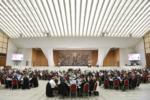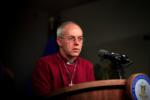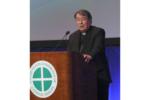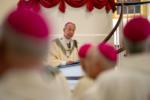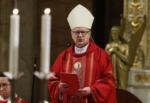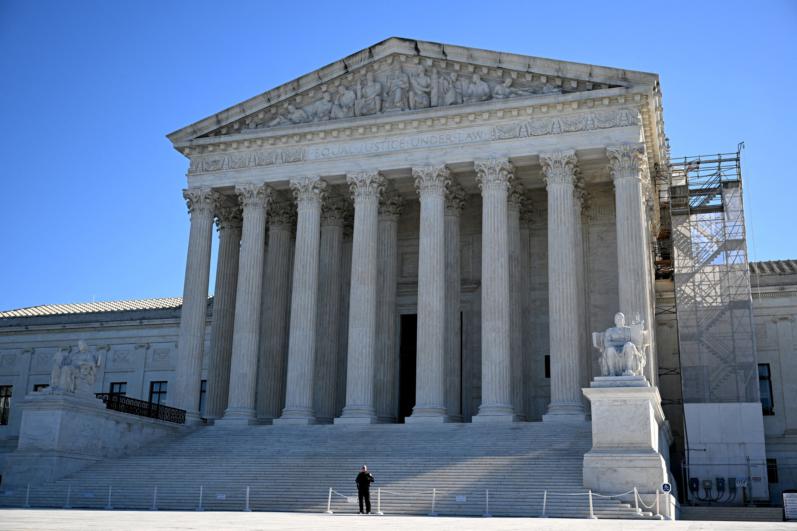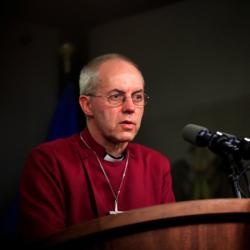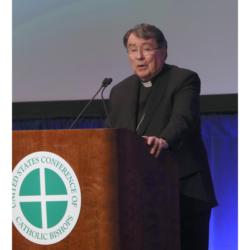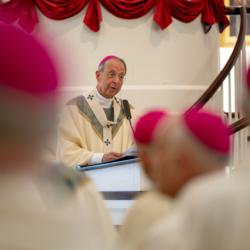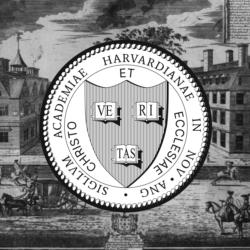High court hears 'sham marriage' immigration case raising risks for foreign-born spouse visas
WASHINGTON (OSV News) -- U.S. Supreme Court justices on Oct. 15 appeared skeptical of a challenge from a U.S. citizen about her non-citizen spouse's revoked visa after authorities found the spouse had previously engaged in a "sham marriage" for the purpose of immigration. A leading Catholic immigration advocate cautioned against such sham marriages, arguing they stand in contrast to Catholic teaching on marriage and can be used by immigration opponents in arguments to restrict visas for immediate relatives.
U.S. citizens and lawful permanent residents can apply for a visa for their immediate relatives, such as a spouse. Amina Bouarfa, a U.S. citizen, sought such a visa for her spouse, Ala'a Hamayel, a Palestinian national. The couple married in 2011 and have three children.
Bouarfa's application for a visa for Hamayel was initially granted, but was then revoked after immigration authorities said they had evidence that Hamayel had allegedly entered a previous marriage in an effort to evade immigration laws after one of his two previous ex-wives testified their union was fraudulent, although she later recanted that claim, according to court filings.
After their appeal with U.S. Citizenship and Immigration Services was unsuccessful, Bouarfa challenged the revocation of the visa in federal court. A district court in Florida dismissed her claim, finding such a visa would be within the discretionary authority of immigration officials, and that Congress has limited the ability of courts to interfere. But the same court found it was "troubled by the potential implications" of its ruling, expressing concern agencies could, in theory, "dodge judicial review" by granting petitions and then revoking them, rather than denying them outright. The 11th U.S. Circuit Court of Appeals upheld that court's decision.
In Bouarfa v. Mayorkas, Bouarfa asked the high court to intervene, arguing it would be "senseless and arbitrary" if a mistake in the agency's original decision meant that her husband's visa "and the permanent separation of her family" could not be reviewed.
J. Kevin Appleby, senior fellow for policy at the Center for Migration Studies of New York and the former director of migration policy for the U.S. Conference of Catholic Bishops, told OSV News that marriage for the purpose of immigration should be regarded with scrutiny.
"The courts are sending a signal that sham marriages for immigration purposes are unacceptable and should be deterred, which is consistent with church teaching on marriage," he said.
During oral argument, justices across the court's perceived ideological spectrum appeared skeptical of the claim the reversal should be reviewed by federal courts and appeared focused on the question of the scope of the immigration agency's discretion to revoke visas.
Justice Samuel Alito suggested courts have the power to review initial rejections of visa applications but not their revocations, arguing the statute "confers about the broadest measure of discretion that you could imagine."
Justice Elena Kagan said, "the decision to revoke is just different from the decision to approve or deny in the first instance."
Chief Justice John Roberts suggested Bouarfa could file a new visa application that would be subject to judicial review if and when it was denied.
Appleby said the fraudulent use of marriage for immigration reasons "threatens the law which protects valid unions, which encourages family unity."
"It gives immigration opponents justification for attempting to revoke the law that grants citizenship to foreign-born spouses altogether," he said.
- - - Kate Scanlon is a national reporter for OSV News covering Washington. Follow her on X (formerly known as Twitter) @kgscanlon.


